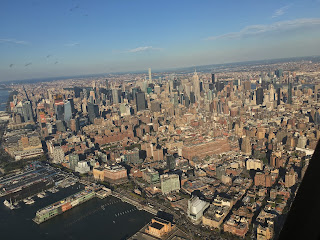A Tribal World
 |
| How much it hurts and how barely I can feel it. The pain at the centre of the heart. |
Because in modern society it is normal to move around a lot local communities have gradually found themselves composed of people who no longer have a shared identity but come from all sorts of places and backgrounds.
However, we still have a lot in common. There is still a shared sense of belonging to be found in the local community. Just by virtue of working in the same place as someone, or standing in a school playground with someone automatically means you do have a lot in common, like loving your children and wanting the best for them and the struggles of being a parent. But often we don't know how to talk to each other, we don't really seem to speak the same language.
Isn't it odd how we live so close together, yet feel so far apart?
Learning to communicate with people, with specific individuals, is a gradual process of lowering your guard as you feel able to trust, listening to who the other person is and communicating who you are in a way the other person is able to understand. I guess that sounds complicated, but we do it all the time naturally and usually without even thinking about the process involved. The process of learning to get to know people is really interesting to watch.
Most people, it seems to me, are actually parts of many different tribes. Different aspects of their lives, different ways they spend their time and what they're interested in and into, express different parts of who they are. And those different aspects of life, those different tribes, overlap and life flows from one to another. Some of those tribes are distributed and sometimes completely online. Modern social media and sundry internet technologies permit the groups to find and express a sense of belonging, whilst the full identity of any individual is to be found not in any single group identity but expressed by the sum of all their actions and life.
Historically the tribe arose as a survival mechanism. In a savage world the only way to survive is to ally yourself with a group of other people. Having shared values and a shared way of life allows you to be much stronger than you are individually and have capacity to learn and grow. To learn and grow both individually and collectively.
Individually, unless you're one of the rare individuals fierce and capable enough to go it alone, you couldn't survive. So conforming to social norms in able to be part of a group was a requirement of survival. Social norms could therefore be rules that group members had to accept in order to belong. You can still see this in gang culture, where membership is a matter of survival on the streets. Where you have a choice of which tribe to belong to, social norms as behaviour rules (rules that limit who you're allowed to be) starts to seem less appealing.
In a difficult world a tribe would, at least in potential, be in a state of adversity with other tribes competing for the same scarce resources. Tribes that are not in competition are able to be allied and usefully trade and learn from one another. Still, the base identity of a tribe divides the world into us and other. In the modern world, when people are potentially members of many tribes, defining those not in a tribe as "other" is horrible.
So I love tribes, but I hate tribalism.
Using the concept of tribes in this way is an abstraction permitting us to think about, understand and model human behaviour. The low level operation of this abstraction is individual behaviour, with the concept of tribes providing a framework for describing aggregate behaviour of individuals in certain circumstances. The term tribes is a metaphor for human activity, an abstraction that simplifies and points us to more complex social behavioural patterns.
"In day to day life, for many of us, as our life wears its veneer of civilisation, it's easy to forget that the Europeans are a savage and warlike people. That the military dynasty aspect of America is largely the product of European savagery."


